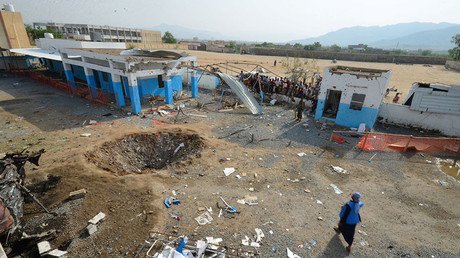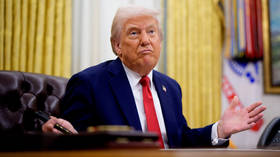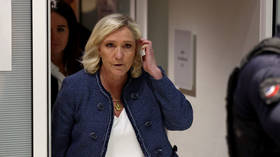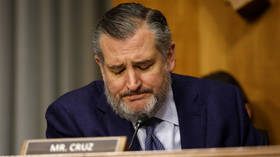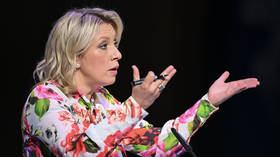UN fails to launch independent probe into Yemen war crimes
An EU-backed resolution demanding an independent inquiry into human rights violations during the Yemeni war has been withdrawn at the UN Human Rights Council. Instead, to activists’ discontent, a weakened “reasonable compromise” text has been adopted.
A “strong” resolution submitted by Slovenia and backed by 21 other EU states failed at the Office of the High Commissioner for Human Rights (OHCHR) on Tuesday, September 27. EU members had requested an “independent” international inquiry “to monitor and report on the situation of human rights in Yemen, on violations and abuses thereof since September 2014.”
.@UN_HRC resolutions by the US on Sudan and the EU on Yemen withdrawn under pressure from weaker texts by African & Arab groups
— UN Watch (@UNWatch) September 29, 2016
As a result of days of behind-the-scenes talks, an updated and far milder “compromise” version of the resolution drawn up by Sudan on behalf of African Group was adopted without a vote on Thursday.
The resolution now calls for the allocation of “additional international human rights experts to its Yemen programme in coordination with the Government of Yemen” and the assurance that “the National Commission investigates allegations of violation and abuse committed by all parties to the conflict.”
The United Nations High Commissioner for Human Rights Zeid Ra'ad Al Hussein, who has long been calling for an independent investigation, will also have to prepare an oral report on the situation in Yemen for the human rights council’s next meeting, the text of the resolution says.
Some welcomed the resolution, calling it “a step in the right direction,” as John Fisher of Human Rights Watch in Geneva described it, according to AFP. Vojislav Suc, Slovenia’s representative to the UN in Geneva, said the text is a “good and reasonable compromise.”
The proposed increase in the number of international experts was also welcomed by the Save the Children group, that, however, noted that “they [experts] need to establish all the facts around reported violations of international human rights and humanitarian law, which are destroying the lives of Yemeni children and their families.”
However, other rights groups such as Amnesty International have described the Yemeni National Commission as one-sided and lacking impartiality. Another fact that adds to concerns over the matter is that the Yemeni government has now basically been put in the position of investigating itself. The group called the compromise a “shameful” deal designed to please Saudi Arabia.
I wasn't expecting much from the HRC's #yemen resolution but having read it..simply shameful.
— Sherine Tadros (@SherineT) September 29, 2016
Saudi Arabia leads a military coalition of nine Arab states participating in the Yemeni conflict, and has often been accused of bombing civilian targets. It has been staunchly against the international probe, with some human right groups saying the decision to decline the bid for an independent inquiry could have been made under pressure.
The approved resolution “puts Saudi Arabia’s desire for impunity above the need to protect the people of Yemen,” said Salma Amer, the UN advocacy officer at the Cairo Institute for Human Rights Studies, as cited by AFP.
#HRC33 shies away from setting up an international inquiry into #Yemen but resolution will allow minimum scrutiny https://t.co/fIDoThiaTA
— Nicolas Agostini (@Nico_Agostini) September 29, 2016
This is not the first decision UN has made that seemingly plays into the hands of Saudi Arabia. In June the kingdom was surprisingly removed from the UN’s blacklist of counties violating children’s rights in armed conflicts. UN Secretary-General Ban Ki-moon later admitted that his arm was twisted and he received threats from a number of countries. Ban did not specifically mention Saudi Arabia, but admitted his decision was made under pressure.
